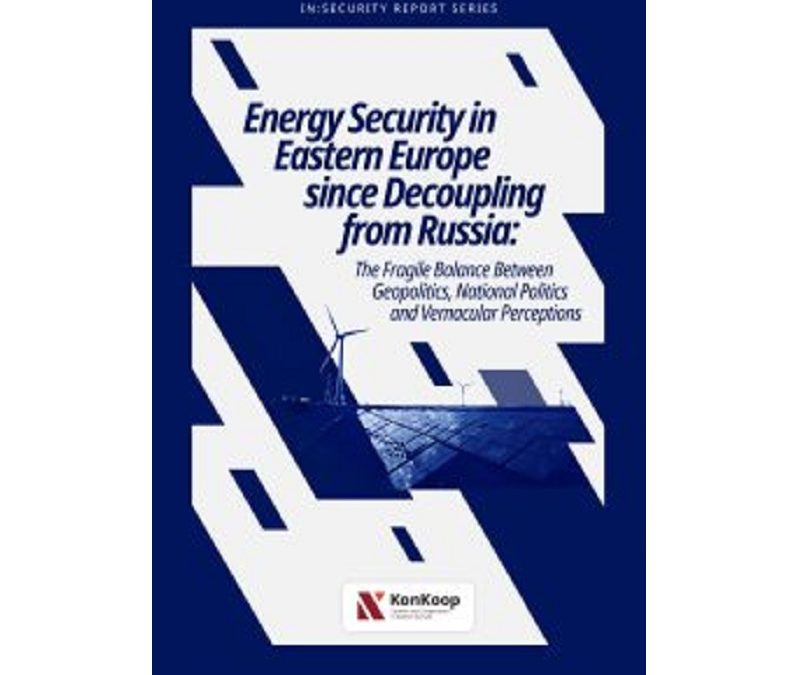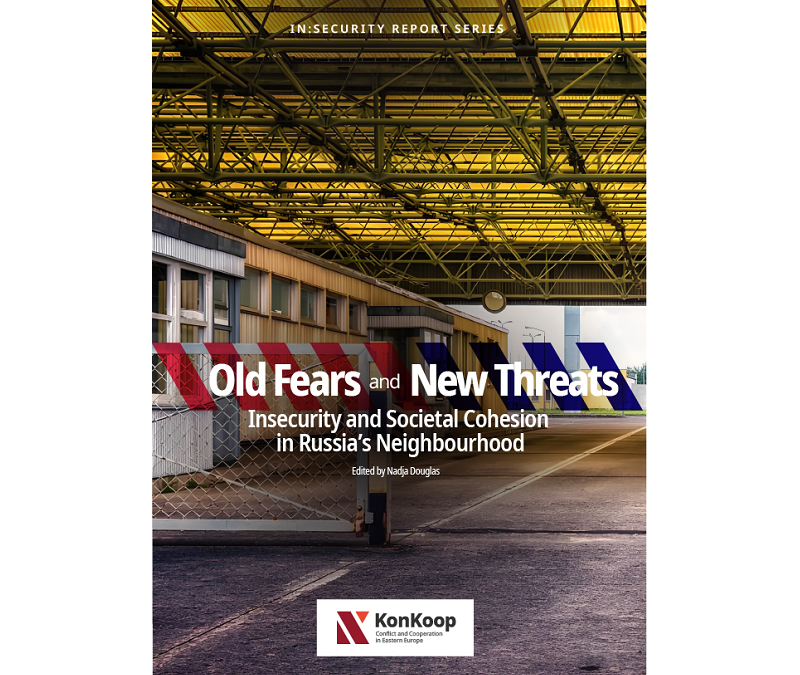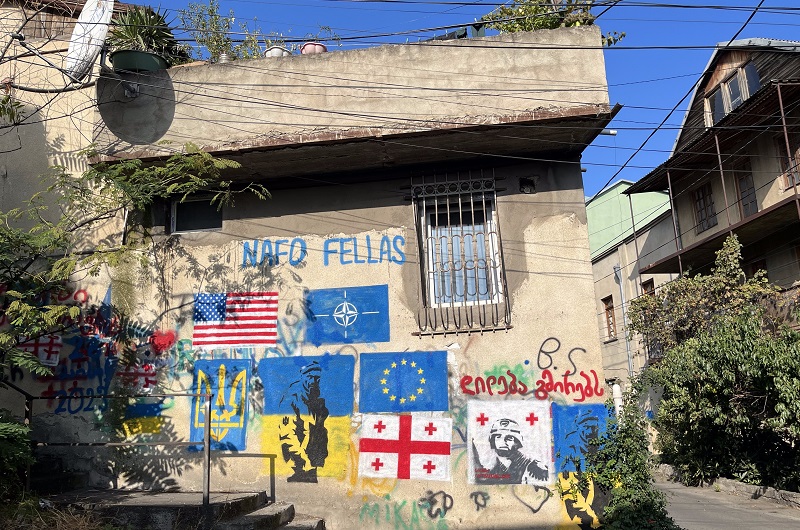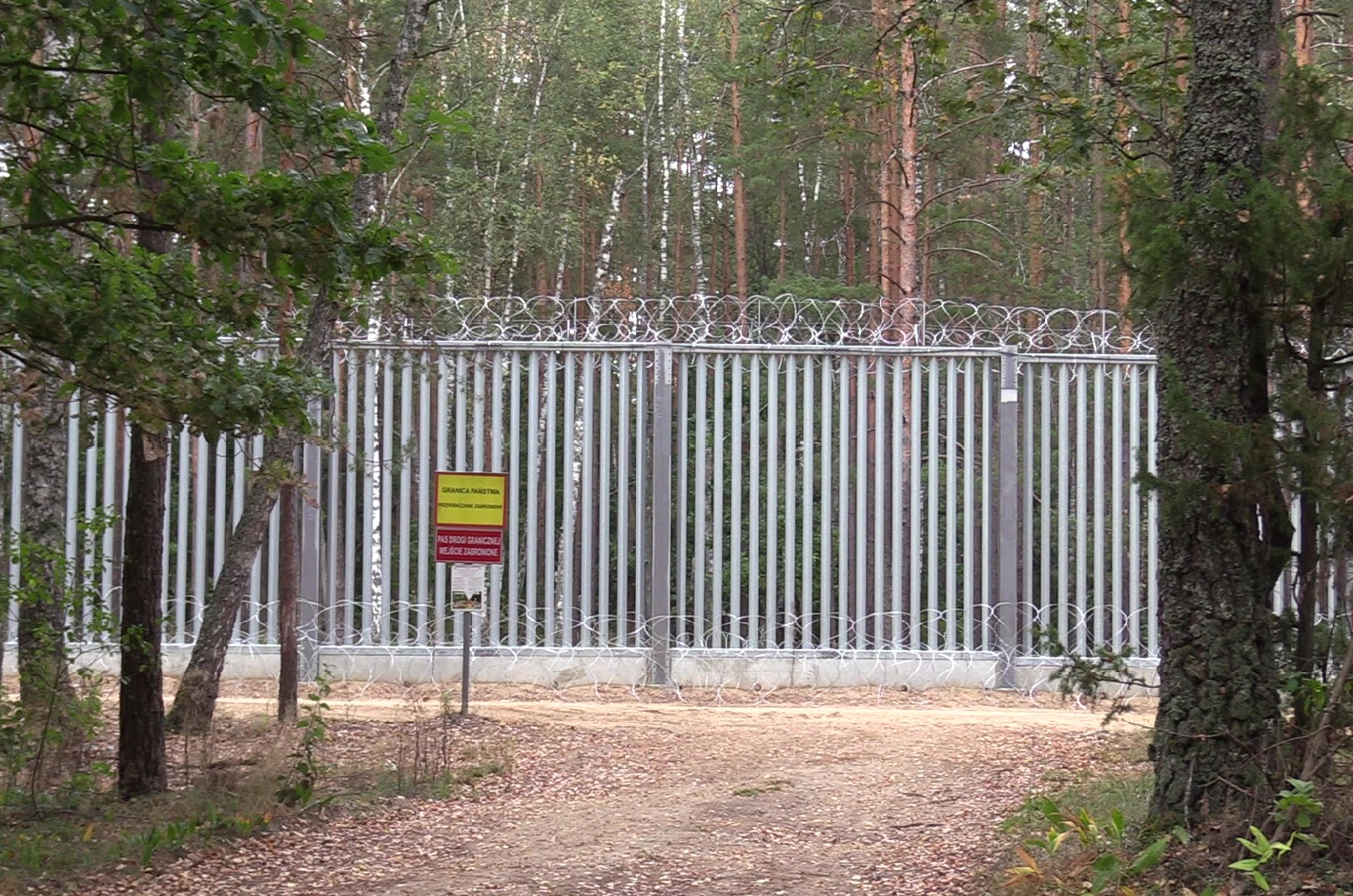In:Security in Eastern Europe
Dr. Nadja Douglas (ZOiS)

Abandoned Border (c) pixabay/ Tama66
Project description
In the context of the Russian war of aggression against Ukraine, security perceptions and discourses in (Eastern) Europe have changed considerably. In search of new strategies and answers to unprecedented challenges, classical security concepts are still prevailing but have been supplemented and partially questioned by new approaches. These include questions about how to ensure access to particular resources such as food, energy, infrastructure, etc. and maintain trade and connectivity. At the same time, decolonial thoughts shape the reality of today’s security thinking in Eastern Europe. The idea of an emancipation from Russian dominance has also brought other emancipatory framings of (in) security to the fore, concerning gender, class, ecology as well as local communities. Ultimately, the overarching question of a sustainable peace and a new discursive, material and institutional security order in Europe strongly depends on how relations with and within Eastern Europe will evolve in the near future.
The thematic line In:Security in Eastern Europe intends to address different aspects of security and insecurity, relying on critical/vernacular security studies as a theoretical prism. This implies going beyond conventional state-/military-centred notions of security. Instead, the focus will shift to regional/local security demands and needs. The aim is to shed light on how the Russian war and global security developments are perceived and have particular consequences at those levels. Thus, security perceptions in and perspectives from Eastern Europe will be the primary focus, in a deliberate decentring of the idea of a European security order.
A further aim of this thematic line is to stimulate discussion between experts from academia and politics with practitioners from the field. The workshop series will thus bring different perspectives together, and the planned reports will provide new and valuable impulses for further research but also for political decision-makers with a focus on Eastern Europe. Another objective is to build a new networking platform for researchers and practitioners and policymakers on questions of In:Security in Eastern Europe, integrating knowledge and expertise from the region. Beyond that, the thematic line also hosts a research project on regional security perceptions in regions with security fault lines in the Polish-Lithuanian border region, which will be carried out using among others audio-visual research and documentation methods.
Projects
Project team

Dr. Nadja Douglas
Related publications

In:Security REPORT: Energy Security in Eastern Europe since Decoupling from Russia: The Fragile Balance between Geopolitics, National Politics and Vernacular Perceptions
Authors: Nadja Douglas, Sophie Lambroschini, Michael LaBelle, Vineta Kleinberga, Ana Otilia Nuțu, Andrian Prokip
Published online: 7 November 2024

In:Security REPORT: Old Fears and New Threats: Insecurity and Societal Cohesion in Russia’s Neighbourhood
Authors: Nadja Douglas, Weronika Grzebalska, Joni Virkkunen, Yuliia Kurnyshova, Inna Șupac, Andrei Kazakevich, Kornely Kakachia, Asbed Kotchikian
Published online: 17 May 2024





